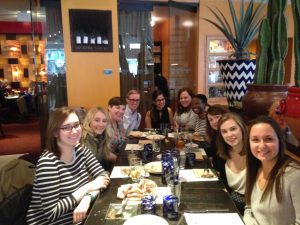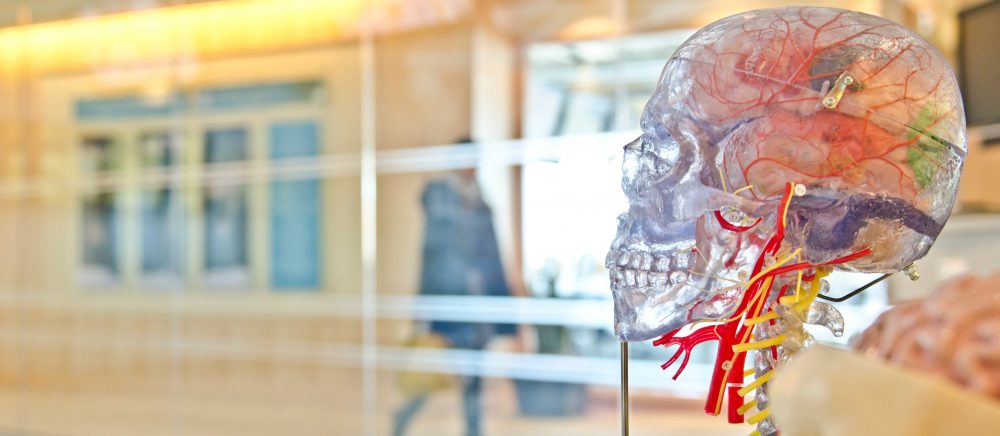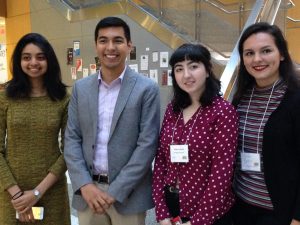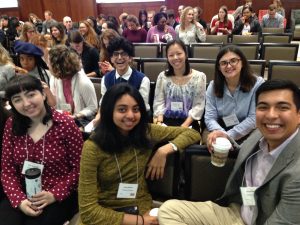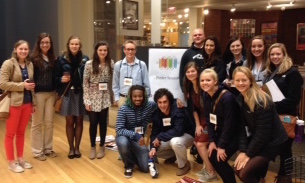Course Objectives: The main goal of this course is to provide you with a thorough overview of the biological basis of behavior. Research in Neuroscience, spans all levels of the organism: single cells, single neurotransmitter systems, brain regions and the entire integrated organism. We will explore specific functions of brain regions and relate that neurological functioning to behaviors in everyday life. We will see that our brain is actually two halves that have slightly different functions and when working properly communicate with one another with millisecond timing. We will learn the specific functions of chemicals located in the brain and how drug treatments for psychological disorders are aimed at modulating these endogenous chemicals. We will determine how our senses combine with previous knowledge to allow for perception of the world around us. We will determine which brain structures are responsible for learning and memory and what the consequences are when these structures are damaged by trauma or aging.
Because the field and research methods of Neuroscience are broad, throughout the semester we will encounter evidence from basic research, applied research, animal research, human research, empirical research articles and textbook readings, which will come from a variety of subdisciplines within Neuroscience.
Classroom discussions and course-related assignments will enable you to understand and discuss:
- landmark and current research in the field of neuroscience.
- limitations of our current understanding of the brain and its functions.
- the interaction of nature and nurture on brain development.
- the behavioral and biological effects of disease, drugs, aging, and stress
- neuronal plasticity in terms of learning and recovery of function.
More generally, you should also be able to:
- Appreciate how the study of the brain is relevant to your life
- Use the scientific terminology of neuroscience appropriately
- Read and critically evaluate journal articles, web sites, and popular press articles about neuroscience
- Appreciate the complexity of the brain and nervous system, particularly with respect to control of behavior, and understand some of the challenges faced by researchers
Required Textbook:
Pinel, JPJ (2009). Biopsychology (7th Edition). United States: Pearson, Allyn & Bacon.
Course Schedule:
|
Date
|
Topic
|
Readings
|
|
Aug 30
|
Overview of Neuroscience
Overview of book and coverage
|
1
|
|
Sept 1
|
Mind/Brain Question
Evolution
|
Consciousness Reading
|
|
6
|
Evolution and
Nature/Nurture
|
2
Nature/Nurture reading
|
|
8
|
Neuroanatomical Methods
|
5 (but not 5.6)
|
|
13
|
Functional Neuroanatomy and Systems
|
3 (but not 3.2), 9.1, 9.2
|
|
15
|
Lateralization of Function
and Emotion
|
16
The Split Brain Revisited
Emotion reading
|
|
20
|
Neurons, Neuronal Transmission and
Action Potentials
|
3.2, 4.1-4.4
|
|
22
|
Synapses and Neurotransmitters
|
4.5-4.7
|
|
27
|
Drug effects and Mood disorders
|
15.3-15.7, 18.2-18.3
Depression Reading
Drugs of Abuse Reading
|
|
29
|
Group empirical article presentations on prescription medications
|
Variety of empirical articles
|
|
Oct 4
|
Visual processing
|
6.1-6.5
Illusory Color and the Brain
|
|
6
|
Neural basis of visual perception
|
6.6, 7.1
Vision: A Window into Consciousness
|
|
11
|
Auditory Processing and Perception
|
7.2
Cochlear implant reading
|
|
13
|
Somatosensory Processing
|
7.3, 8.1-8.4
Seeking the Neural Code
|
|
18
|
Fall Break – No Class
|
|
|
20
|
Plasticity of Somatosensory – phantom limbs
Sensory and motor integration
Abstracts for Empirical Article Due in class
|
8.5-8.8
Phantoms in the Brain
|
|
25
|
Motor Systems and
Spinal Cord Damage
|
8.4-8.8
Repairing the Damaged Spinal Cord
|
|
27
|
Motor Diseases
|
New Movement in Parkinson’s
|
|
Nov 1
|
Discussion of Lab – Writing and Feedback
|
|
|
3
|
Neuroplasticity and
recovery of motor abilities
|
10
|
|
8
|
Further discussion of Stats, Figures and Results from Lab
|
|
|
10
|
Exam #2
|
|
|
15
|
NO CLASS – SfN Meeting
|
|
|
17
|
Neurological Basis of Learning I
|
11.5-11.8
Stress and your shrinking brain
|
|
22
|
Neurological Basis of Learning II
|
11.1-11.4
|
|
24
|
Thanksgiving Break
|
|
|
Nov 29
|
Memory
|
Memory Reading
|
|
Dec 1
|
Disorders of Memory
|
|
|
6
|
Successful Aging
|
Nun Study empirical articles
|
|
8
|
Stem Cell Debate
|
Variety of empirical articles
|
|
Dec 12
7 pm
|
Exam #3
|
|
text


